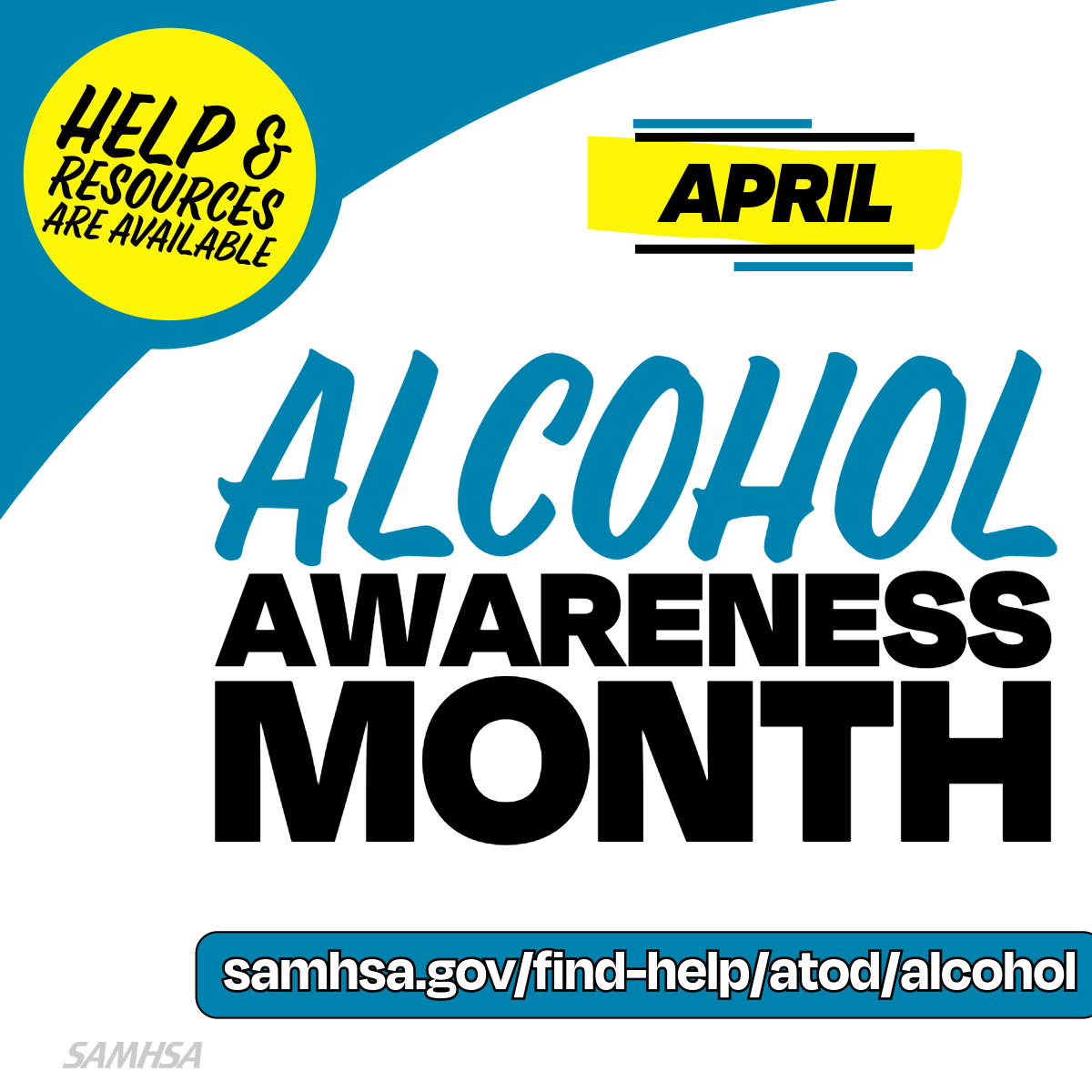Alcohol Use Disorder: Social Media, Technology, and Treatment
While most can enjoy alcohol occasionally without problems, alcohol use disorder is common and often untreated. An estimated 11% of all adults and 15% of young adults (aged 18-25) had alcohol use disorder in the past year. Several recent studies highlight some challenges related to alcohol content on social media along with some promising approaches to treatment.

One recent research review found significant exposure to alcohol-related content on social media: 32% to 65% of social media users were exposed to alcohol posts from other users and most posts (54% to 75%) displayed alcohol in a positive context and promoted drinking. Another study looked at the level of exposure to alcohol marketing content on X (formerly Twitter) and Instagram for people in recovery and the effectiveness of privacy settings to limit exposure. Previous research has found that in people with alcohol use disorder, alcohol photographs can trigger cravings and reduce coping mechanisms to avoid alcohol consumption.
The study found that privacy settings did not help with blocking the alcoholic brand‐related photographic content, the accounts received the same amount of alcohol‐related content from the accounts they were following with and without changing the privacy settings. The authors conclude that the “risks of exposure to triggering/cueing photographic alcohol content may outweigh the benefits of social media for social connection if an individual is considering seeking recovery.”
Despite this ongoing exposure to alcohol content, an APA national poll from late last year found a trend toward less drinking and people feeling less pressure to drink. The survey found that most (59%) adults in the U.S. drink alcohol at least once a month, while one in four adults (26%) reported never drinking alcohol. Compared to three years ago, nearly half (46%) of adults said they feel less peer pressure to drink alcohol, while just one in 10 (11%) said they feel more peer pressure to drink. Young adults are more likely to report feeling more pressure.
Research has also recently shown the potential benefits of digital technology in supporting recovery, specifically text messages to help reduce alcohol use. The study compared three types of text messaging, two involving the weekly assessment and daily tailored messaging (one offering the ability to request additional support) and one involving a weekly self-assessment of drinking over the past week. The researchers looked at multiple drinking variables and found that after six months, participants who had received the adapted text messaging showed significantly greater reduced drinking behaviors compared to the drink-tracking group.
Another recent study highlighted the benefits of a range of digital technologies to support alcohol recovery but also cautioned on the need for more research. Gunnarsson and colleagues note that digital interventions can give people tools to help support change and to increase their motivation, they can be widely used and the anonymous nature of many of them can help overcome stigma. However, the research has generally focused on short-term benefits and there is a need to look at longer-term societal impacts, Gunnarsson and colleagues suggest.
More Information
- National Institute on Alcohol Abuse and Acoholism
- Facts About Teen Drinking
- Alcohol and Your Brain: A Virtual Reality Experience
- SAMHSA – Finding Help: Alcohol
- APA: Alcohol Use Disorder (Trastorno por consumo de alcohol)
References
- Alen, G.D., et al. 2023. Alcohol on social media – Why does it matter, what do we know, and how do we collect better evidence? in Psychology of Learning and Motivation, Vol. 79. Kara D. Federmeier, editor. Academic Press. https://doi.org/10.1016/bs.plm.2023.07.002
- Janiuk, K., Maleki, N. 2023. Exposure to Alcohol‐Related Content on Social‐Media. Psychiatric Research and Clinical Practice. http://doi.org/10.1176/appi.prcp.20230009
- McPheeters M, O’Connor EA, Riley S, et al. Pharmacotherapy for Alcohol Use Disorder: A Systematic Review and Meta-Analysis. JAMA. 2023;330(17):1653–1665. doi:10.1001/jama.2023.19761
- Muench, F., et al. (2024). Automated, tailored adaptive mobile messaging to reduce alcohol consumption in help-seeking adults: A randomized controlled trial. Addiction, 119(3), 530–543. https://doi.org/10.1111/add.16391
- Tailored Text Messages May Help Reduce Risky Alcohol Use. 2023. Psychiatric News Alert
- Ulfsdotter Gunnarsson, K., Henriksson, M., & Bendtsen, M. (2024). Digital Alcohol Interventions Could Be Part of the Societal Response to Harmful Consumption, But We Know Little About Their Long-Term Costs and Health Outcomes. Journal of medical Internet research, 26, e44574. https://doi.org/10.2196/44574
